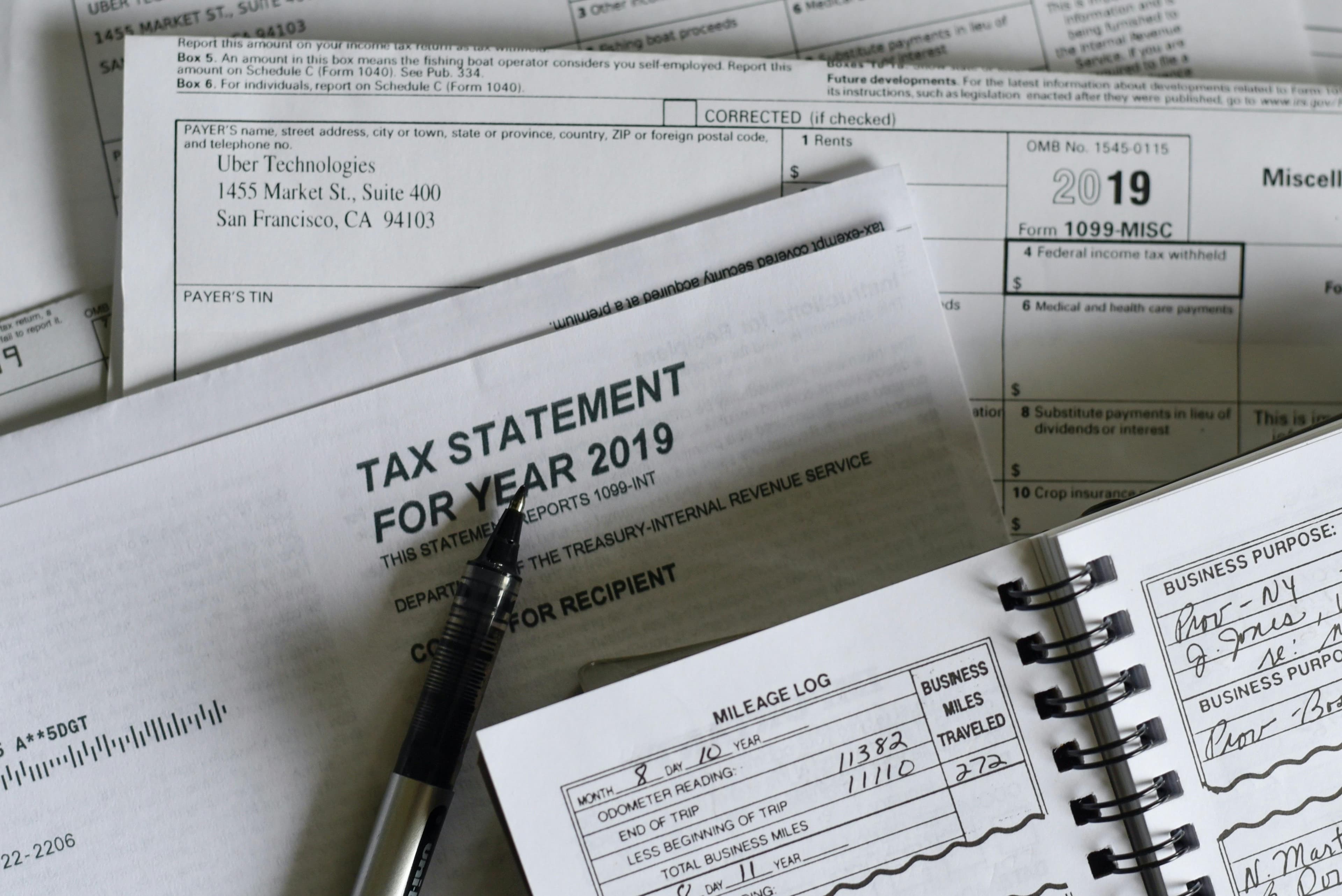
How much can you earn before paying tax?
June 28, 2021How much can you earn before paying tax?
Tax bands explained
Tax brackets – England, Wales and Northern Ireland
| Earnings | Tax Rate |
|---|---|
| Under £12,570 | 0% |
| £12,571 to £50,270 | 20% |
| £50,271 to £150,000 | 40% |
| 150,001 and above | 45% |
Tax brackets – Scotland
| Earnings | Tax Rate |
|---|---|
| Under £12,570 | 0% |
| £12,571 to £14,6667 | 19% |
| 14,668 to £25,296 | 20% |
| £25,297 to £43,662 | 21% |
| £43,663 to £150,000 | 41% |
| £150,000 and above | 46% |
Tax breaks
Marriage allowance
Blind person’s allowance
Personal savings allowance
Trading allowance
Exemptions
Tax relief
Dividends
Dividend allowance for the tax year 2021/22
| Earnings | Dividend Tax Rate |
|---|---|
| £12,571 to £50,270 | 7.5% |
| £50,271 to £150,000 | 32.5% |
| £150,000 and above | 38.1% |





